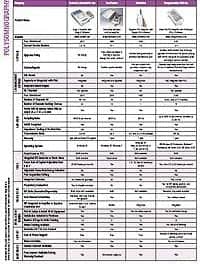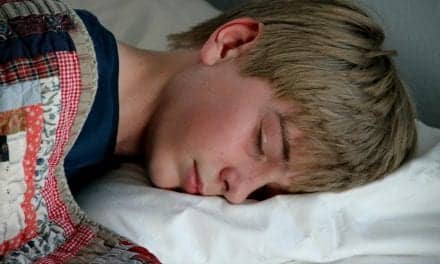Families who receive brief interventions about how to improve their children’s sleep have infants who are much less likely to be overweight, a University of Otago study has found.
The two-year outcomes of the Prevention of Obesity in Infancy (POI) study appear in the journal Pediatrics.
The POI study involved 802 Dunedin families who agreed to participate in a study where they received standard well child care, with some families also being given extra support around food, activity, and breastfeeding, some being given an innovative sleep program, and some being given both interventions.
Study co-leaders professors Barry Taylor and Rachael Taylor say surprisingly, when the children were 2-years-old, the extra support around food, activity, and breastfeeding did not affect how the children grew.
However, children in families who received the sleep program were much less likely to be overweight, they say.
The two researchers led a multidisciplinary team at the Dunedin School of Medicine where Barry Taylor is a pediatrician and dean of the school, and co-director of the Better Start National Science Challenge and professor Rachael Taylor is director of Edgar Diabetes and Obesity Research.
The two professors point out that New Zealand parents already have access to significant support and advice on nutrition, activity, and breastfeeding from their midwife, and well child provider.
“Our POI study suggests that extra education in these areas does not protect babies from becoming overweight. By contrast, the beneficial effects of the POI sleep intervention on the children’s weight were intriguing and quite substantial,” they say in a release.
Rachael Taylor says the findings were also surprising because although international studies have shown that poor sleep is associated with obesity in children, the POI sleep intervention was very brief.
“Families in the sleep group had one class before baby was born, and then a personal visit from an expert sleep nurse when their baby was 3 weeks old. Some families requested extra help if their baby still had difficulties sleeping after six months of age,” she says.
Barry Taylor says the intriguing findings suggest that parents and families would benefit from expert advice on their infant’s sleep.
“Further work is required to determine whether more intense interventions, particularly in those at higher need, can be even more successful,” he says.
The POI study was funded by the Health Research Council (HRC) of New Zealand, the Southern DHB, and the University of Otago.
The HRC recently announced that Professor Rachael Taylor is the recipient of International Relationship Fund – NZ-US enabling grant that will allow a collaboration to combine childhood obesity and sleep research expertise from both countries.





